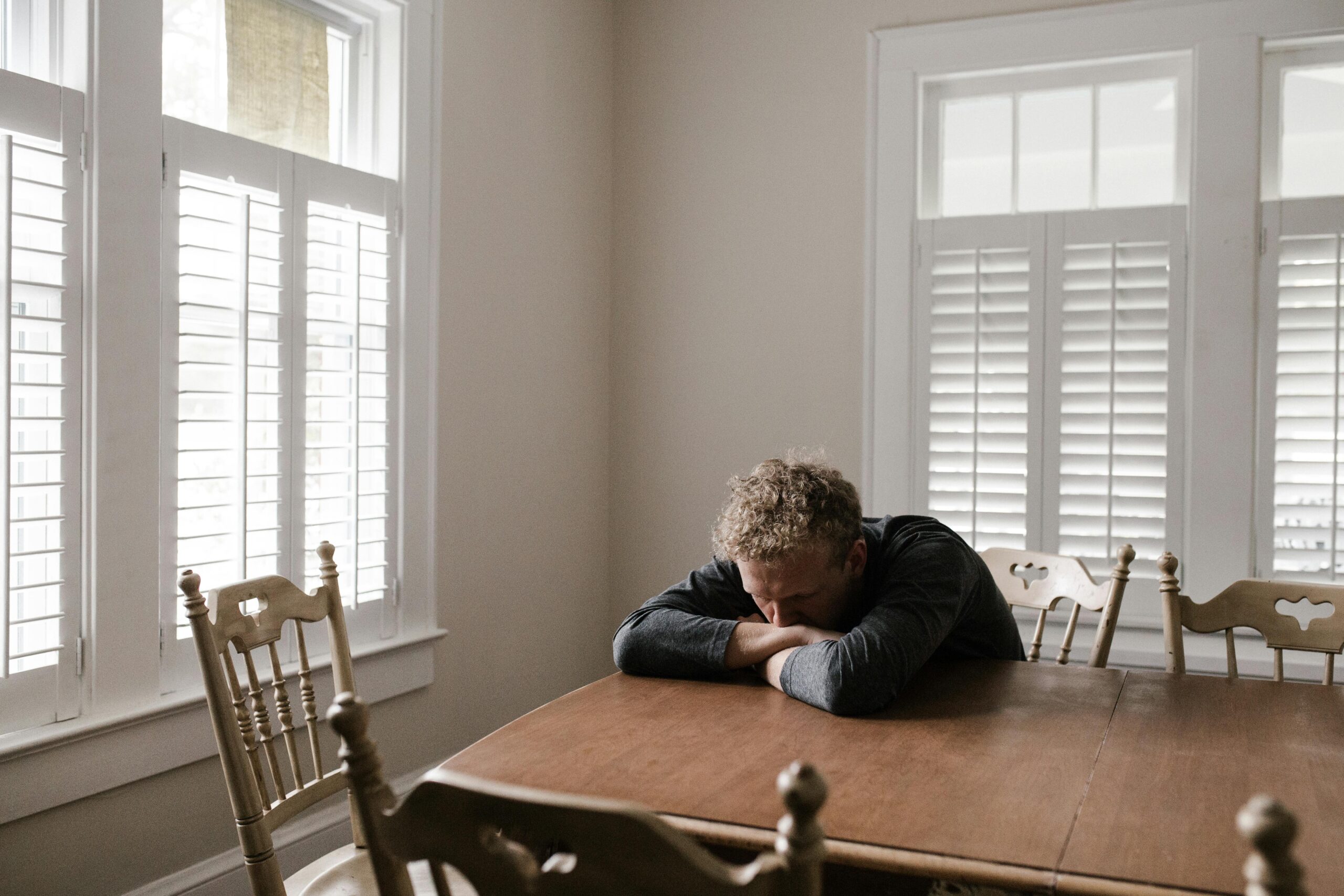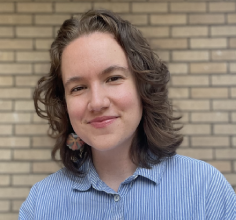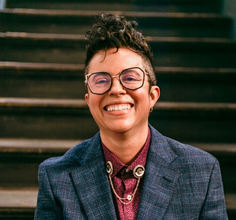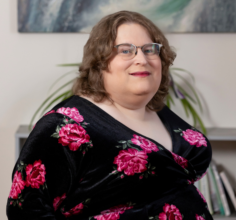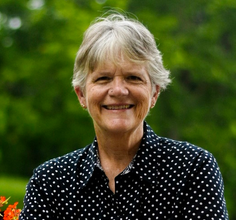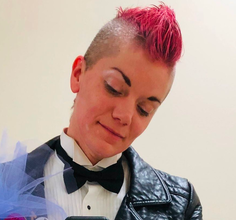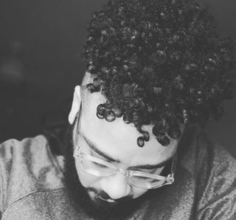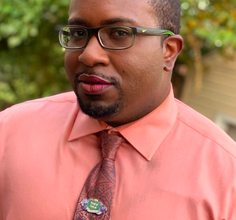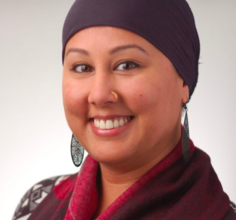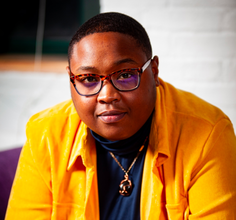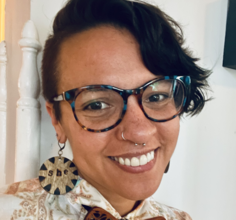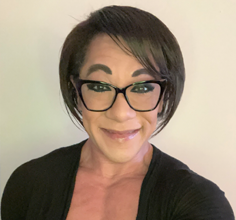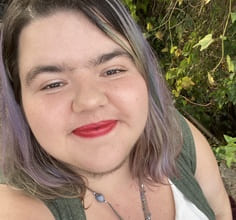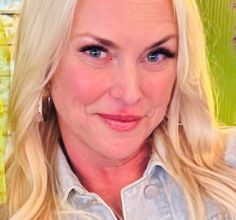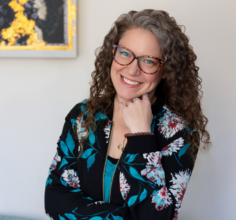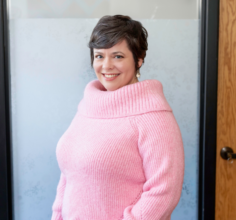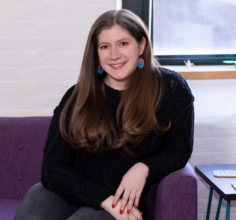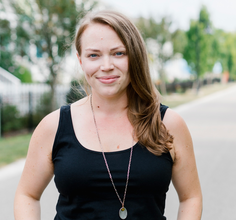Accessing OCD treatment can be difficult. Some studies report that it takes people, on average, up to 17 years to receive accurate diagnosis and treatment. For me, it took even longer!
Fortunately, the landscape is shifting, and there are many online resources available to learn about and recover from OCD, even for those who may not have ready access to clinical care. More good news is that no matter the content of your obsessions, or whether your compulsions are physical or mental, the treatment approach is the same.
The leading evidence-based treatment for OCD is Exposure & Response Prevention (ERP) therapy. While it is most effective when done with a trained clinician, it also requires practice outside the therapy space. That’s where extra tools can come in handy.
Today I am sharing some of my favorite OCD resources, in the hope that they will be helpful to you or a loved one, wherever you are in your recovery journey. I’ve tried to include resources that are both educational and meant to be used in conjunction with ERP treatment.
The NOCD Blog
The NOCD blog houses tons of articles and resources for OCD-ers, friends, family, and clinicians alike. From information on specific OCD themes to sharing the latest in OCD stats and science, the platform is a great place to go for answers to many OCD-related questions. I particularly like the OCD Stories and Living with OCD sections, which offer personal accounts from folks who have gone through treatment. I like to revisit these stories myself when I need a reminder of what is possible!
“How Do I Stop Thinking About This?” by Lisa Levine, PsyD
This article from the International OCD Foundation summarizes one of my favorite tools for rumination: Non-Engagement Responses. NERs are ways to respond to especially sticky thoughts by embracing uncertainty, a core tenet of ERP. Dr. Levine explains four main kinds of NERs and shares examples for how and when to use them. I highly recommend coming up with your own NERs, too. Two of my personal favorites for intrusive thoughts are, “Yeah, that would be wild” and “Thanks brain, you’re so creative!”
Dr. Jonathan Grayson’s Freedom from Obsessive-Compulsive Disorder: A Personalized Recovery Program for Living with Uncertainty
This self-help book by a long-time OCD expert was one of the first resources my ERP therapist recommended to me. I like that it is part psychoeducation, part exercises for you to start practicing ERP skills on your own. In addition to explaining how OCD works and its causes, Dr. Grayson includes worksheets, scripts, and a cost-benefit analysis tool for when you are struggling with the treatment process. He even includes a chapter on building a support system for recovery, which is essential for the long-term.
Alegra Kastens on Instagram & TikTok
Alegra Kastens, LFMT is the founder of the Center for OCD, Anxiety, and Eating Disorders. I love her page for its mix of education, advocacy, humor, and raw honesty about her personal experiences living with OCD. I especially appreciate her work to destigmatize more taboo themes, like pedophile OCD (or POCD). Her writing and social media presence help remind those of us with the disorder that we’re not alone. She also has a newsletter and is bisexual. 💅
Note that this list is far from exhaustive, but sometimes all we need is a place to begin. Whether you are new to an OCD diagnosis, considering ERP treatment, or just looking to learn more about OCD, I hope you have found these resources supportive and interesting. Above all, know that you are not alone in struggling with OCD, and there is much hope to be found both on- and offline among fellow OCD-ers! I can’t wait to see how your journey unfolds.

